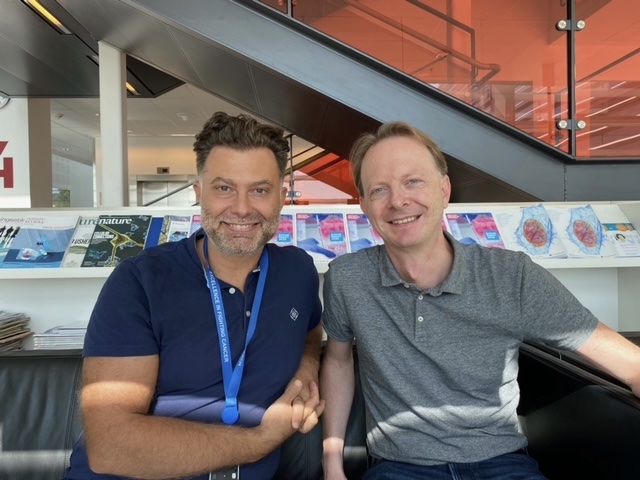Discovered gene patterns can predict prostate cancer treatment response

Approximately 5,000 Norwegian men are diagnosed with prostate cancer each year. Perhaps the most significant clinical challenge today is deciding which type of treatment will work best for different patient groups. In the study "Single-cell ATAC and RNA sequencing reveal pre-existing and persistent cells associated with prostate cancer relapse" led by Dr Alfonso Urbanucci from Oslo University Hospital and Professor Matti Nykter from Tampere University, and published in Nature Communications, the researchers found that specific patterns in gene expression and DNA organization can predict patient response to treatment.
The study utilized a combination of prostate cancer resistance models to Xtandi (enzalutamide) and advanced technology to analyze genes and DNA organization at the single-cell level. This revealed pre-existing subsets of cells that were treatment resistant and showed stem cell-like and regenerative gene expression patterns. The researchers' results suggest that the presence of such patterns in cancer tissue may predict the risk of recurrence and disease development. Such information can help tailor treatment for different subgroups of prostate cancer patients.
The study is supported by the Norwegian Cancer Society (Kreftforeningen) and was published in the journal Nature Communications on September 6th, 2021.
Links:
The article:
Single-cell ATAC and RNA sequencing reveal pre-existing and persistent cells associated with prostate cancer relapse
S. Taavitsainen, N. Engedal, […]A. Urbanucci
Nature Communications volume 12, Article number: 5307 (2021)
